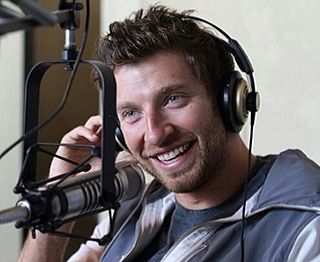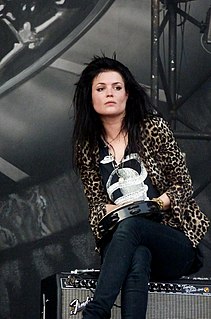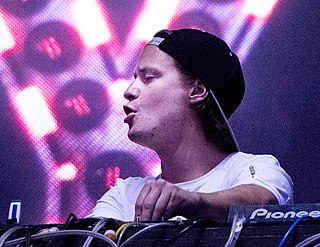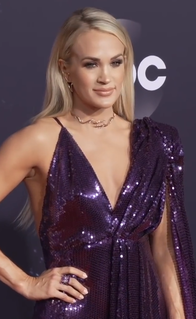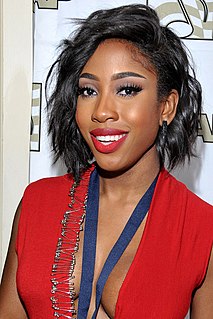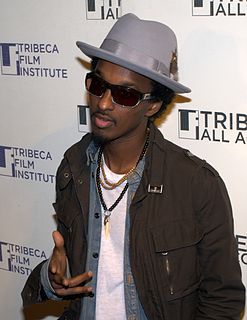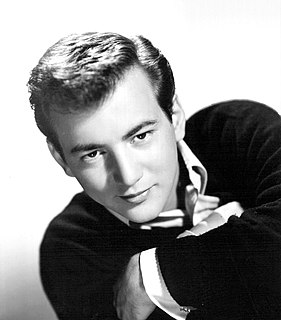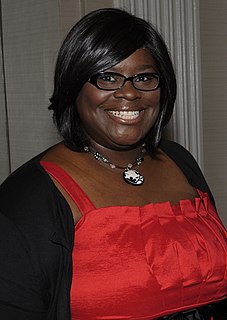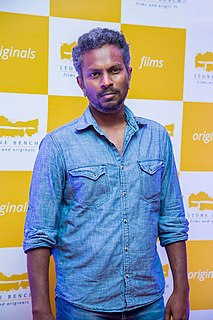A Quote by Brett Eldredge
I was about to walk on stage at the Kansas Speedway - I was playing a NASCAR race - and I said to Scooter Carusoe, who was standing side stage, 'I want to write a song called 'Wanna Be That Song.' Then I put my earphones back in and walked right out on stage.
Related Quotes
The first one I remember singing on stage was 'Somewhere Out There' from 'An American Tail.' I was around 7, and my choir teacher at school asked me if I would sing it. My parents told me that I needed to move around the stage, so for the entire time I just walked back and forth from side to side while I was singing - there's videotape of it.
From the stage, I can reach a large audience, and you learn from being on stage how much a song reaches, what extent of the crowd a song can reach. I write in a way that can reach most of the audience, but I also wanted to have truly intimate moments as well, many intimate moments, more so than the big moments.
I got on stage and I went, "Oh wow. No stage fright." I couldn't do public speaking, and I couldn't play the piano in front of people, but I could act. I found that being on stage, I felt, "This is home." I felt an immediate right thing, and the exchange between the audience and the actors on stage was so fulfilling. I just went, "That is the conversation I want to have."
Performing onstage is all about reacting in a grand way. You're playing an arena of seventeen or eighteen thousand people and it's your job to make sure the person at the back feels as cool as the person all the way in the front. Being on stage is a bit of a façade. You get to walk out there and be the coolest version of yourself that you could possibly have imagined and then you come off stage and you're just like everyone else.
It's important for me not to peak before I hit the stage. In other words, I save all of my creative and physical energy for when I walk on stage. If I can get 45 minutes of just easy going, playing rhythm, songs, stuff like that, then that's what I do to make sure that I'm all stretched out and ready.
I started once a week in North Carolina at a pub called Charlie Goodnight and met a lot of comics there. Then I moved to L.A., and if you're not known, it's hard to get stage time. So you start out doing what they call 'bringers' - you have to bring five people if you wanna get on stage. It was a lot of hustle, a learning curve.
And from the first moment that I ever walked on stage in front of a darkened auditorium with a couple of hundred people sitting there, I was never afraid, I was never fearful, I didn't suffer from stage fright, because I felt so safe on that stage. I wasn't Patrick Stewart, I wasn't in the environment that frightened me, I was pretending to be someone else, and I liked the other people I pretended to be. So I felt nothing but security for being on stage. And I think that's what drew me to this strange job of playing make-believe.
